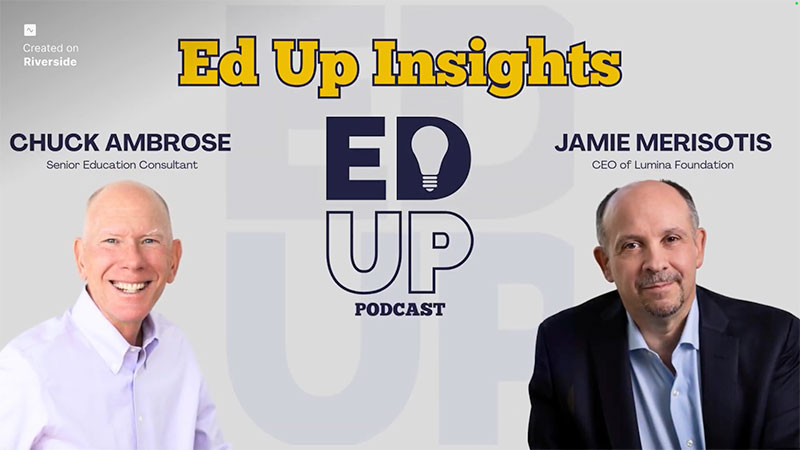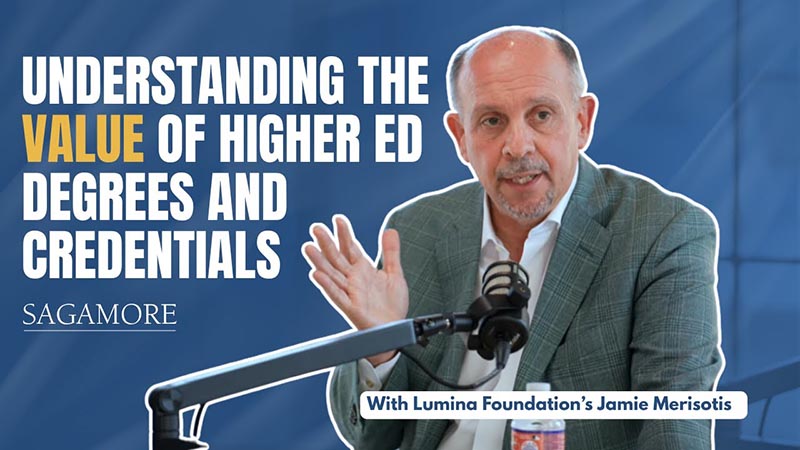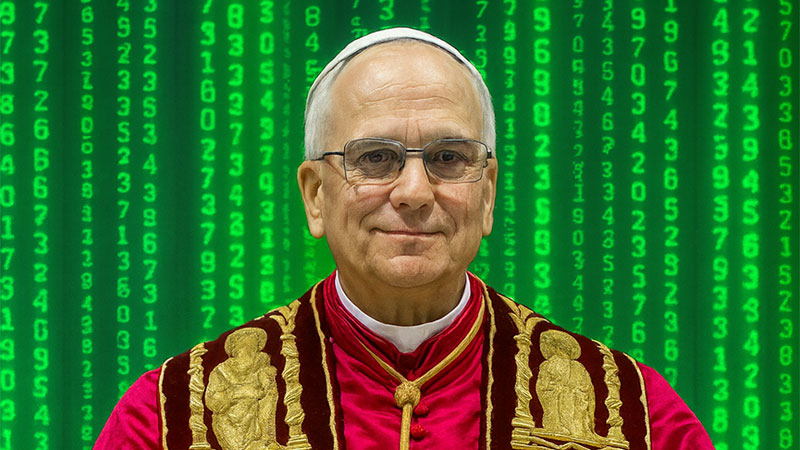How is AI disrupting education and workforce development philanthropy?

“We don’t know the answers to some of AI’s most pressing effects — we barely know the questions,” said Jamie Merisotis, president and CEO of the Lumina Foundation. “But philanthropy must ensure that the concerns of workers, students, and families remain centered as we craft our AI future.”











